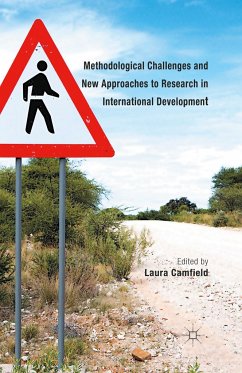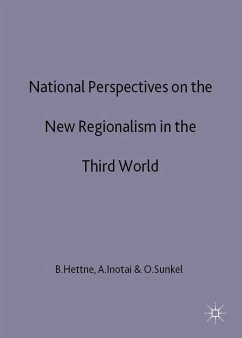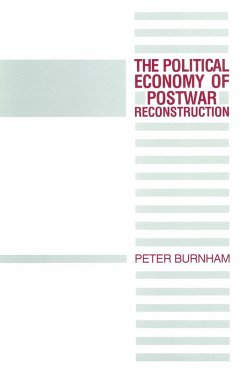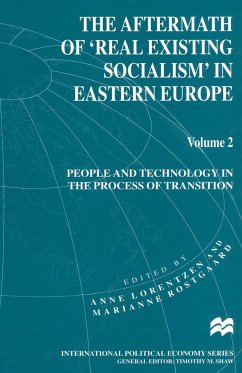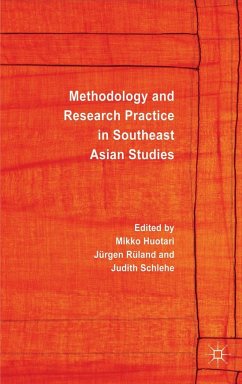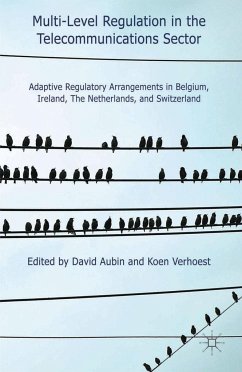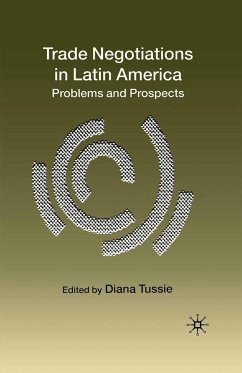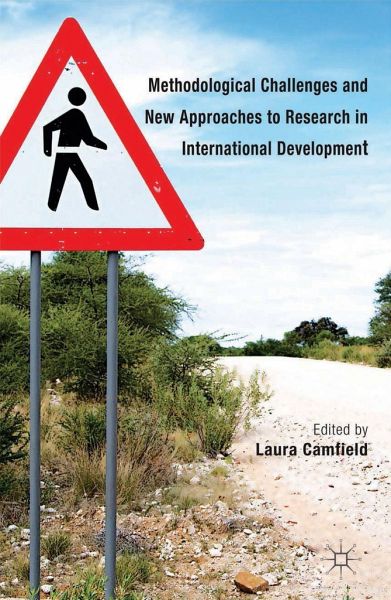
Methodological Challenges and New Approaches to Research in International Development

PAYBACK Punkte
19 °P sammeln!
Development researchers face many challenges in producing robust and persuasive analyses, often within a short time-frame. This edited volume tackles these challenges head-on, using examples from other fields to provide practical guidance to research producers and users.





